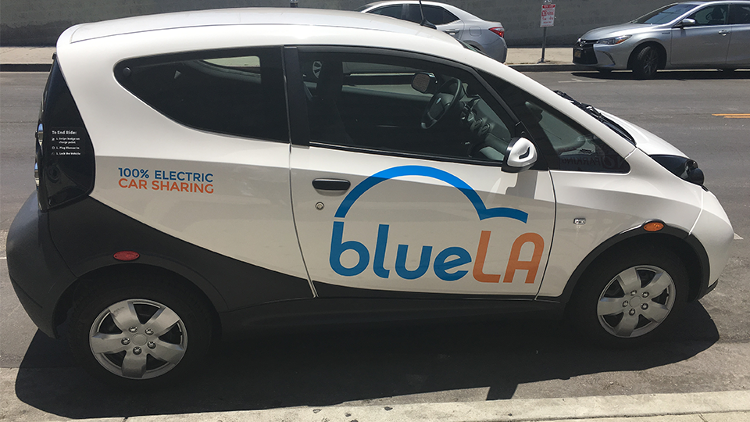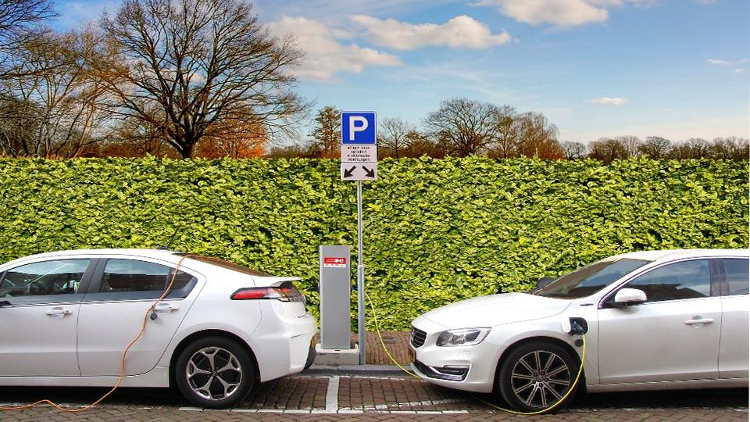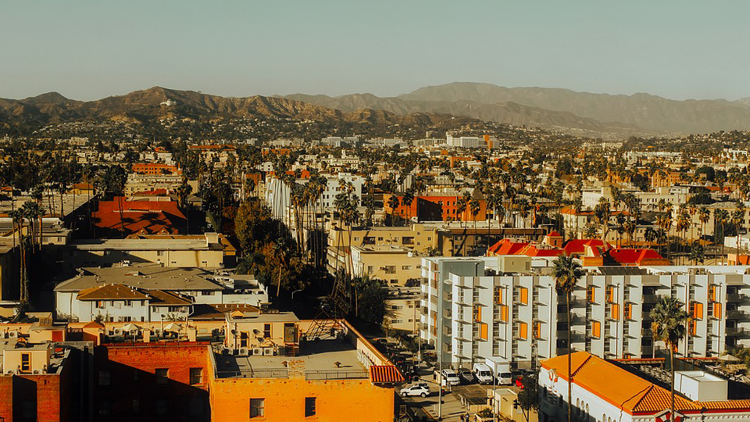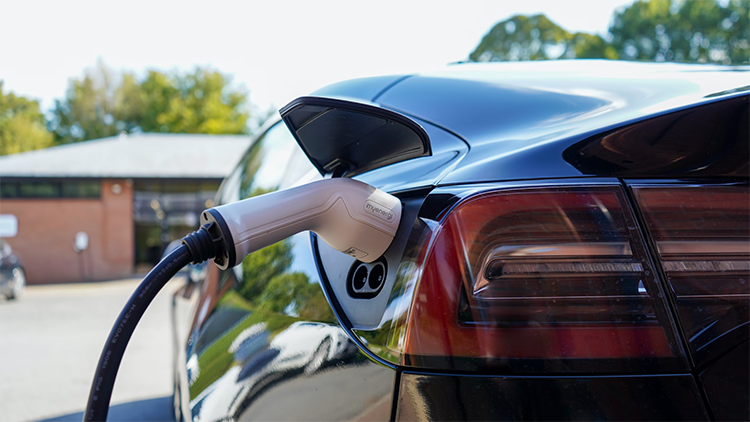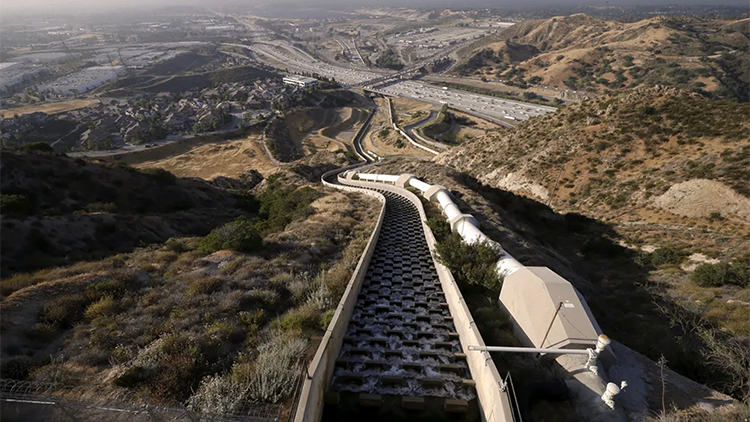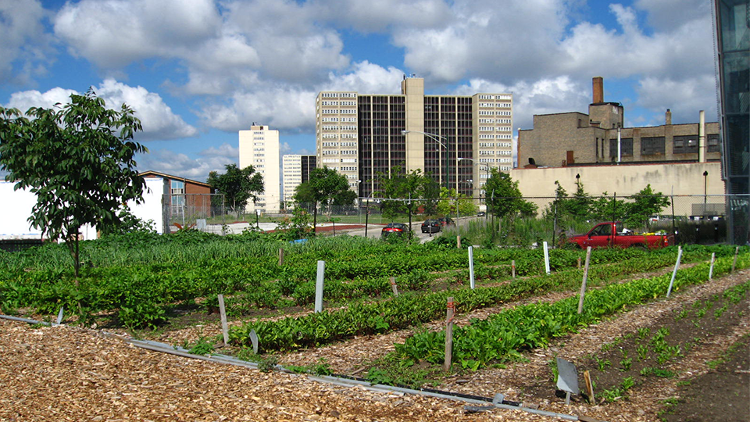
Research Portal
The Sustainable LA Grand Challenge Research Portal provides a detailed look at UCLA's cutting-edge research from across campus that is focused on transforming Los Angeles into the world’s most sustainable megacity.
With a generous gift from the Anthony and Jeanne Pritzker family foundation, the Sustainable LA Grand Challenge has awarded approximately $4 million to dozens of UCLA-led research projects. Spanning the areas of renewable energy and energy efficiency, transportation, water supply and consumption, and ecosystem and public health, these projects were selected for their potential to transform Los Angeles. Much of this research is already informing policy decisions in the L.A. region and beyond.

